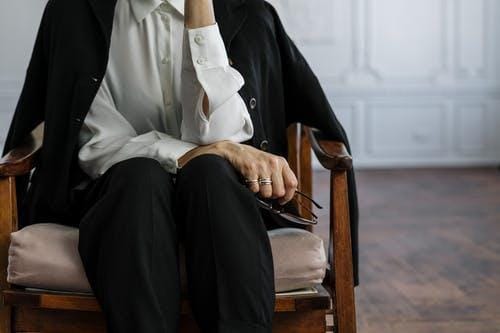
Final Reflections on Standish: Was It All Worthwhile?
If asked, Mr Standish may say that three rounds of litigation, with another to follow, were worth it – Mrs Standish, perhaps not. But for lawyers, with many questions left unanswered, and a feeling that the opportunity to settle the law on matrimonialisation with clarity and certainty has passed us by,






